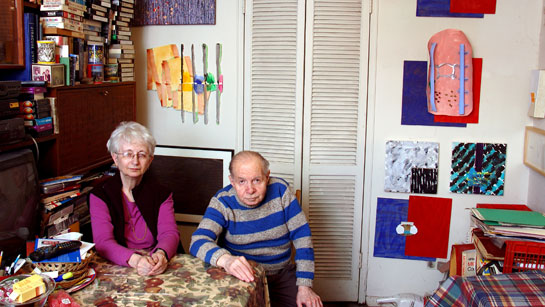The movie Inception posits the following:
“What’s the most resilient parasite? An idea. A single idea from the human mind can build cities. An idea can transform the world, and rewrite all the rules.”
This sounds a lot like the mission of TED conferences:
“Ideas worth spreading.”
This can be seen in both a positive and negative way. I was amazed at the Steve Jobs performance last week during an Apple press conference. How he addressed the iPhone 4 antenna issue, by shifting our focus. When he used the word “antennagate,” I wondered if Jobs’ idea would take hold. That instead of people labeling this issue an Apple issue, they would label an antenna issue?
I couldn’t help but be amazed as Jobs didn’t stretch reality, but stretched our perception of it, or at least tried to. Dilbert creator Scott Adams commented on this as well, calling Jobs’ tactic the “higher ground maneuver.”
This is the opportunity and the challenge for companies in transition, for those whose business models have been disrupted by the web.
The ideas in the movie Inception are true. An idea is powerful. It can shape reality. It can change how information spreads. It shifts the course of our culture and changes our behavior and perceived value.
Ideas are an evolution. They are a birth, and sometimes, a death. I couldn’t help but view Inception in relation to 2001: A Space Odyssey. How is something born – how does it evolve? How does each relate to beginnings and endings?
The best example I can find is the double rainbow. An incredible video has been spreading around the web of a guy who sees a double rainbow.
His reaction is incredible in both its depth, and how it evolves. This is his reaction:
- First: Surprise on discovering the rainbow.
- Second: Celebration – he cheers the sky.
- Third: Profound experience – he cries and questions “what does it mean?”
His reaction matters more than the actual thing. The rainbow – the inception of an idea – is neutral. How the world deals with it is what matters.
And this is the challenge for companies in transition: how they deal with opportunity. How they choose to – or not to – move their organizations forward.
Are you working towards building something new, riding a wave of new ideas? Or are you defending your brand from an attack, as your market shifts? How you perceive this situation will dictate your future – perception is reality.
Thanks!
-Dan

